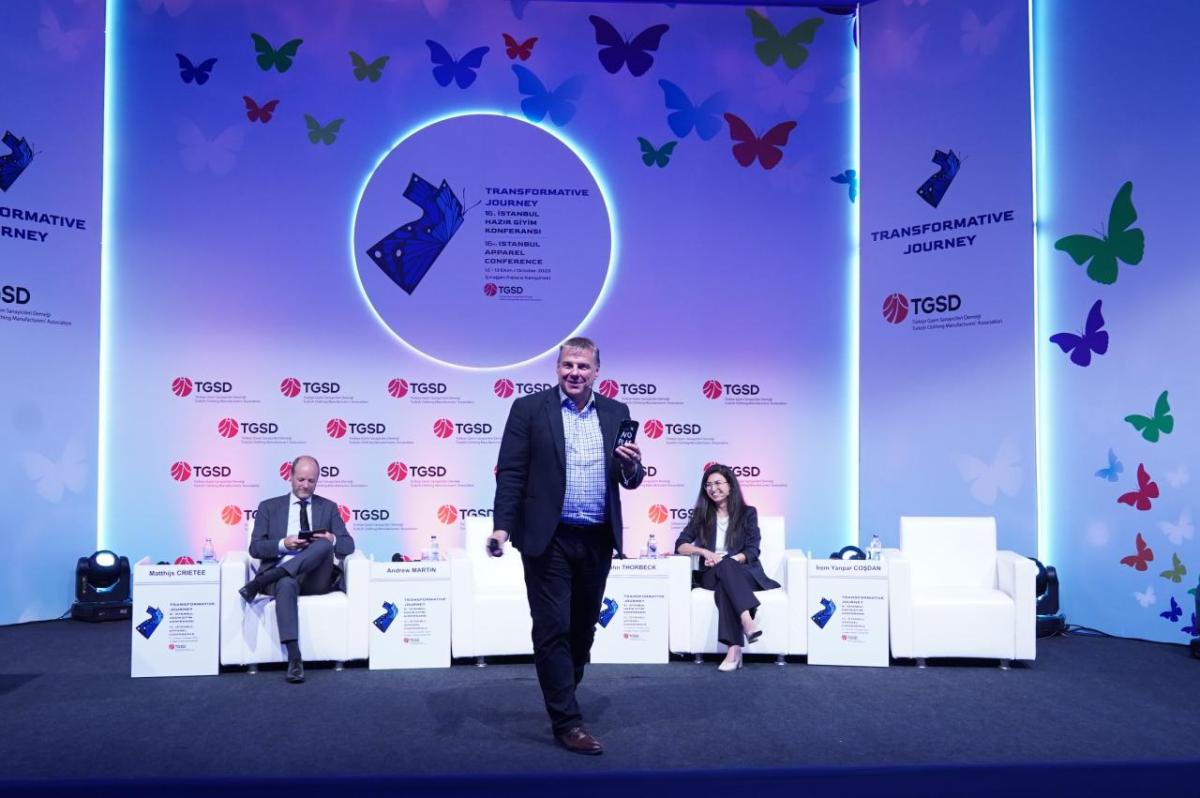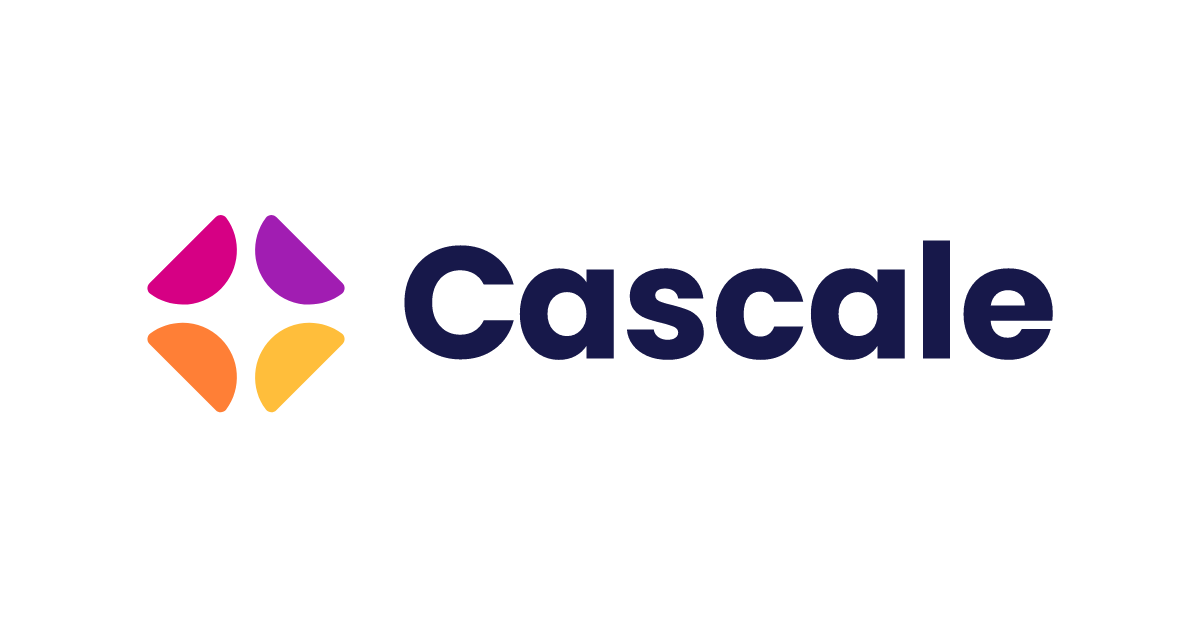Sustainable Apparel Coalition Joins Istanbul Apparel Conference “Transformative Journey”

Reflecting the Istanbul Apparel Conference’s 2023 theme, “Transformative Journey,” SAC Executive Vice President Andrew Martin shared information about Responsible Purchasing Practices (RPP) as part of a panel discussion on “Improving the Terms of Trade for Apparel Manufacturers.” Moderated by Matthijs Crietee, Secretary General of the International Apparel Federation (IAF), with whom the SAC recently announced a strategic collaboration, the panel also included Irem Yanpar Coşdan, Stakeholder Engagement Manager at Open Supply Hub, as well as a pre-recorded video presentation from John Thorbeck, Chairman of Chainge Capital LLC.
After sharing background information about the SAC, the global multi-stakeholder nonprofit alliance that represents a diverse global membership of over 280 members – about 50% of the apparel and textile industry – in 36 countries, Martin explained how the organization’s work is anchored by the Higg Index, a suite of tools that measures social and environmental impact. He then outlined the important role of RPP in the SAC’s revised strategic focus on “evolution for impact,” which centers around three key pillars: combat climate change, decent work for all, and nature positive future. “Our goal is to transform business for exponential impact through groundbreaking programs and tools, collaborative partnerships, and trusted leadership on industry sustainability,” Martin said. “Responsible purchasing practices are critical to achieving these goals; as we will never achieve our climate, work, and nature goals without responsible purchasing practices at the core.”
Martin explained that inequalities in textile and apparel supply chains hold the industry back, and that everyone at every stage of the value chain should be engaged in partnership to create a more just and resilient industry: “We need more equitable apparel supply chains to unlock a fairer and stronger industry where everyone is treated with respect and dignity. Without responsible purchasing practices, suppliers can be left in precarious financial positions. This not only translates into poor wages and working conditions for those on the factory floor, but also fails to address the investments needed to ensure an equitable decarbonisation of the industry.”
He shared how the SAC is supporting industry alignment, focus and implementation of Responsible Purchasing Practices, through collaboration with leading industry actors. As part of the recent update to the Higg Index Brand & Retail Module (BRM), released in March 2023, the Common Framework for Responsible Purchasing Practices informed the RPP questions, which were developed in collaboration with Fair Wear and the Sustainable Terms of Trade Initiative (STTI). Today, 43% of questions in the Higg BRM relate to RPP. Martin also detailed how the collaboration between the SAC, Fair Wear, and the International Apparel Federation (IAF) will evolve to establish responsible purchasing practices at the heart of fostering more equitable partnerships between buyers and suppliers, ”This will be supported by generating company and industry insights, informing training, setting roadmaps, exploring root causes and much more. Through the tools we are evolving, and the partnerships we have built, we are demonstrating our commitment to accelerating responsible purchasing practices as a key lever in realizing systemic industry transformation,” Martin said.

